Journalist of Ukrainian Radio. Kharkiv Roman Kryvko, who, after the full-scale invasion of 2022, was forced to evacuate and temporarily lived in Ivano-Frankivsk, has returned to his hometown despite the fact that the situation in the Kharkiv Region remains extremely tense. The media journalist continues to fulfill his professional duties now; he is in contact with the Ivano-Frankivsk Journalists’ Solidarity Center (JSC) of the National Union of Journalists of Ukraine (NUJU), where he worked for more than half a year. The journalist talked about his work.
“It is now extremely hard for journalists to work in Kharkiv: air alerts sometimes last up to 15 hours a day, and long-term power outages are reported. However, neither I nor my colleagues are sitting idly by. We sometimes work remotely. For the most part, we carry out our work between enemy shelling, we go to the places hit by enemy rockets and missiles, to the de-occupied territories, from where we provide our reports. Recently, I visited the de-occupied Borshchivka, where they started harvesting,” noted Roman Kryvko to Viktoriya Plakhta, the coordinator of the Ivano-Frankivsk JSC.
He also shared a conversation with the director of the Borshchivka agricultural company, Ivan Shuliak, about whether the Kharkiv Region will have bread.
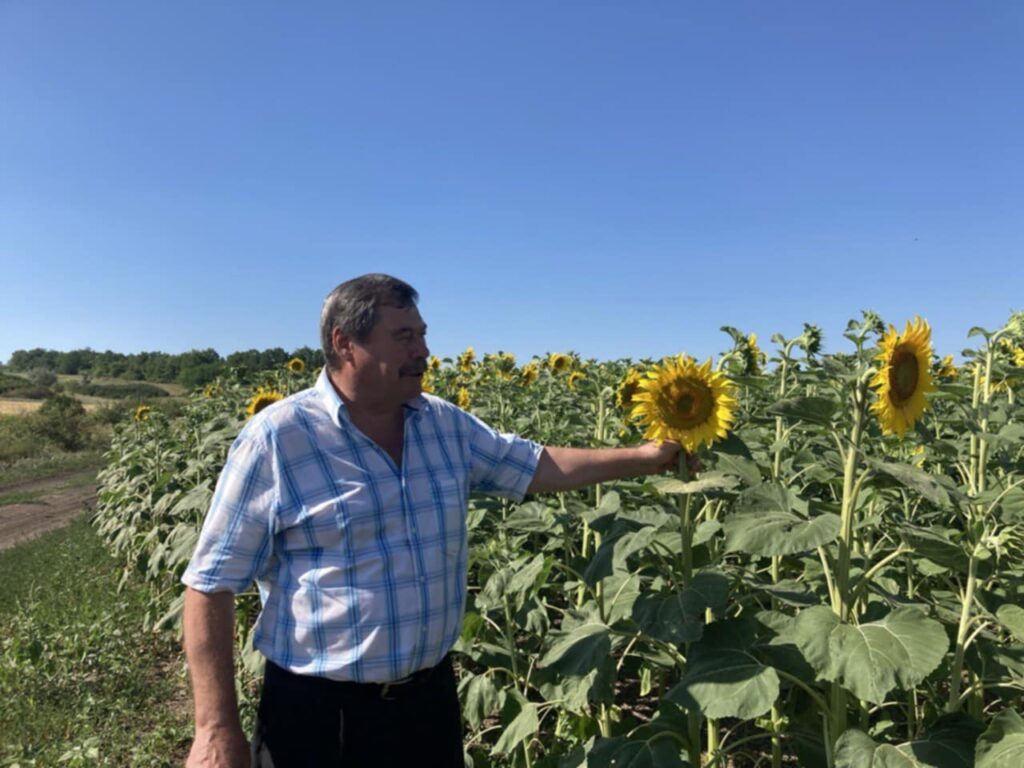
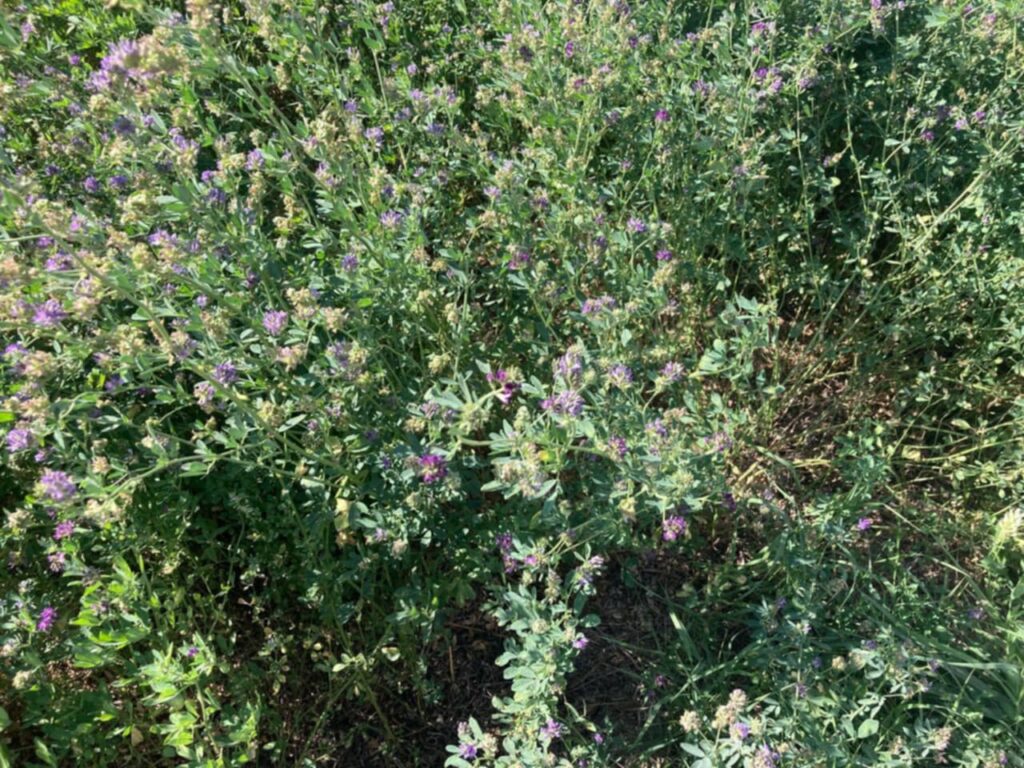
“And you know what it is? Oatmeal, sir! Ivan Shuliak, the head of an agricultural enterprise near Balakliya, jokes with city journalists standing near the oat crops.
Opposite the oat field is a wheat field. A stork leisurely walks behind a John Deere harvester, gathering a “meat” harvest of rodents and lizards. According to the harvester, there were times when as many as three dozen of these beautiful birds flew in. “Now, this stork will “text a message” to his friends, and they will fly in!” Ivan laughs.
The harvest has begun in the de-occupied villages of the east of the Kharkiv Region. One of them is in the village of Borshchivka in the Balakliya Community.
Last year, the economy recovered after the occupation and numerous shelling attacks. In the winter of 2022-2023, “they walked through the fields, clearing them of weeds and projectile fragments,” says Ivan.
The walls were covered with metal sheets from the roofs of the hangars, which were leaky from the shelling: “Fortunately, the rains do not fall horizontally here,” Ivan Shuliak once again ironically says that it is not for aesthetics now. The main thing is that the agricultural company has already increased the volumes that were before the full-scale war. Although there is no mention of profits, there are funds for employee salaries and taxes.
The farmer calls the winter wheat harvest high-quality but small: “There was dry weather in the Kharkiv Region during March, April, and May. We harvest approximately 3-3.5 tons of winter wheat per hectare. Barley and oats are still ripening. Previously, we used to collect 5-6 tons per hectare.”
According to my interlocutor, there are no problems with the sale of grain; there is a problem with the sale price. Edible wheat is sold at 7,000-7,500 per ton. This is a higher price than last year, but the harvest was also higher then. So, we have to sow more sunflowers – it makes up 40% of the crops of the agricultural company in Borshchivka.
Alfalfa is grown on 20 hectares of land and is one of the most valuable protein fodder for animals. “The berries have already set; the seeds are still green. This is a very difficult crop to pollinate, so we sow in a small strip so that wild bees pollinate it. It is a perennial crop: we sow once, and then we harvest, harvest, and harvest. Alfalfa seeds now cost 140,000-150,000 per ton. We collect three to five centners per hectare. Last year, I received six tons,” says Ivan Shuliak.
“Why is it so expensive?”
“Will you be able to see its seeds? It is three times smaller than a poppy and is harvested with a harvester, then all weeds are removed.”
Forecasts from Ivan Shuliak for the future harvest are optimistic: grain is bought mainly by local producers of bakery products so that the Kharkiv Region will have bread, like the whole country and Europe.
Call the Ivano-Frankivsk JSC at 066 677 0726 (Viktoriya Plakhta, the Ivano-Frankivsk JSC coordinator). The Center’s address is 25 Sichovykh Striltsiv Street.
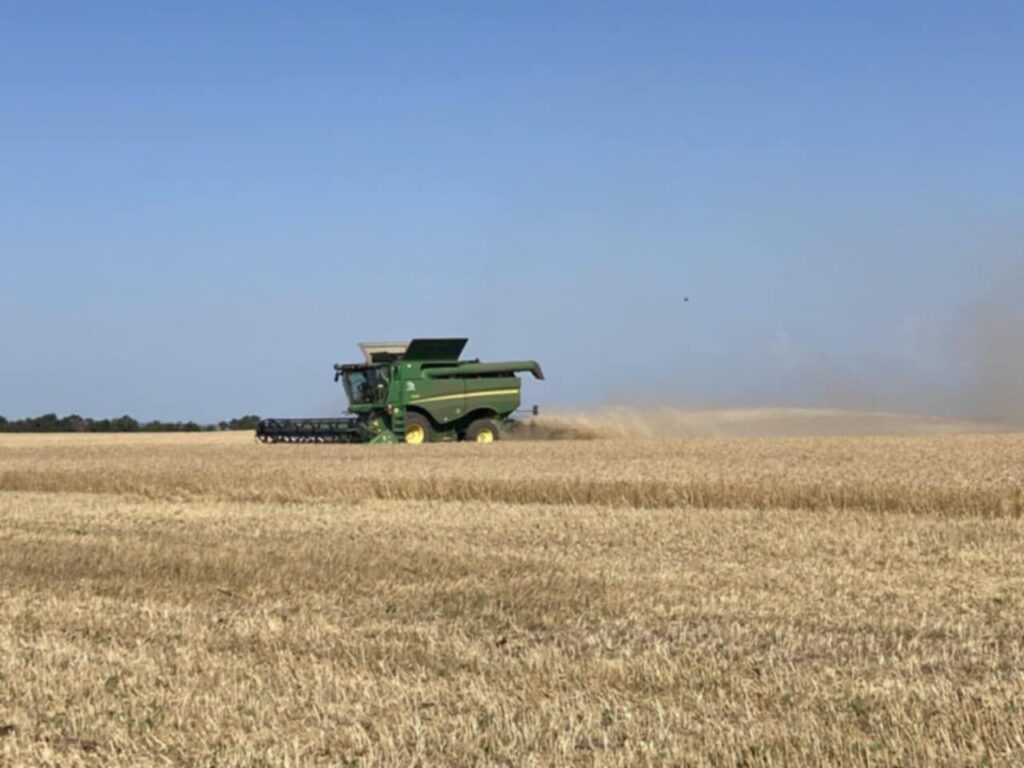
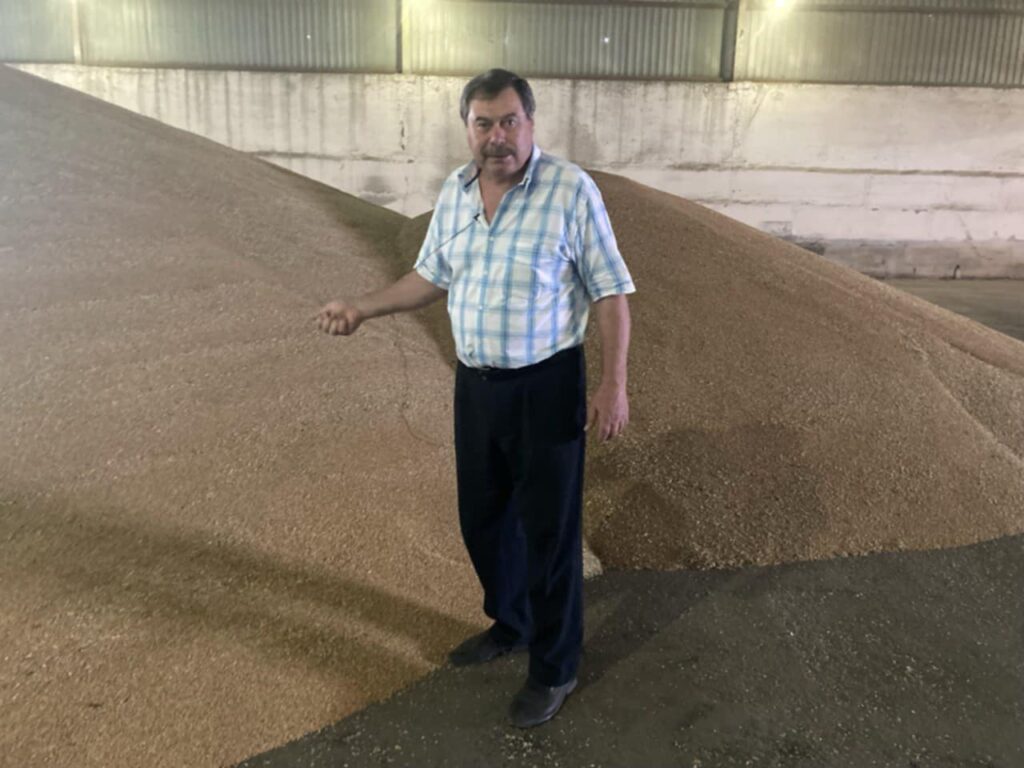
ABOUT JSC
The Journalists’ Solidarity Centers is an initiative of the NUJU implemented with the support of the International and European Federations of Journalists and UNESCO. The initiative is designated to help media representatives working in Ukraine during the war. The Centers operate in Kyiv, Lviv, Ivano-Frankivsk, Chernivtsi, Zaporizhzhia, and Dnipro and provide journalists with organizational, technical, legal, psychological, and other types of assistance.
ABOUT UNESCO
UNESCO is the United Nations Educational, Scientific, and Cultural Organization. It contributes to peace and security by promoting international cooperation in education, sciences, culture, communication, and information. UNESCO promotes knowledge sharing and the free flow of ideas to accelerate mutual understanding. It is the coordinator of the UN Action Plan on the Safety of Journalists and the Issue of Impunity, which aims to create a free and safe environment for journalists and media workers, thus strengthening peace, democracy, and sustainable development worldwide. UNESCO is working closely with its partner organizations in Ukraine to provide support to journalists on the ground.
The designations employed and the presentation of material throughout this digest do not imply the expression of any opinion whatsoever on the part of UNESCO concerning the legal status of any country, territory, city, or area or its authorities or concerning the delimitation of its frontiers or boundaries.
The authors are responsible for the choice and the presentation of the facts contained in this digest and for the opinions expressed therein, which are not necessarily those of UNESCO and do not commit to the organization.
Ivano-Frankivsk JSC

 THE NATIONAL UNION OF
JOURNALISTS OF UKRAINE
THE NATIONAL UNION OF
JOURNALISTS OF UKRAINE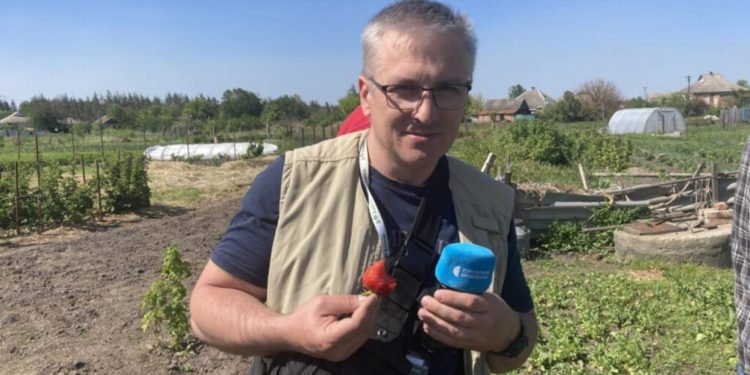
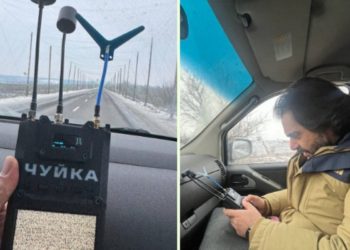
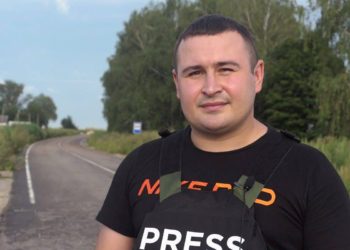
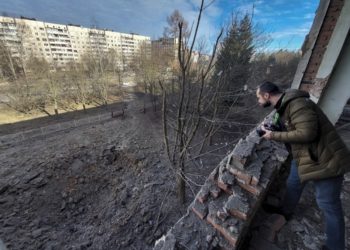













Discussion about this post